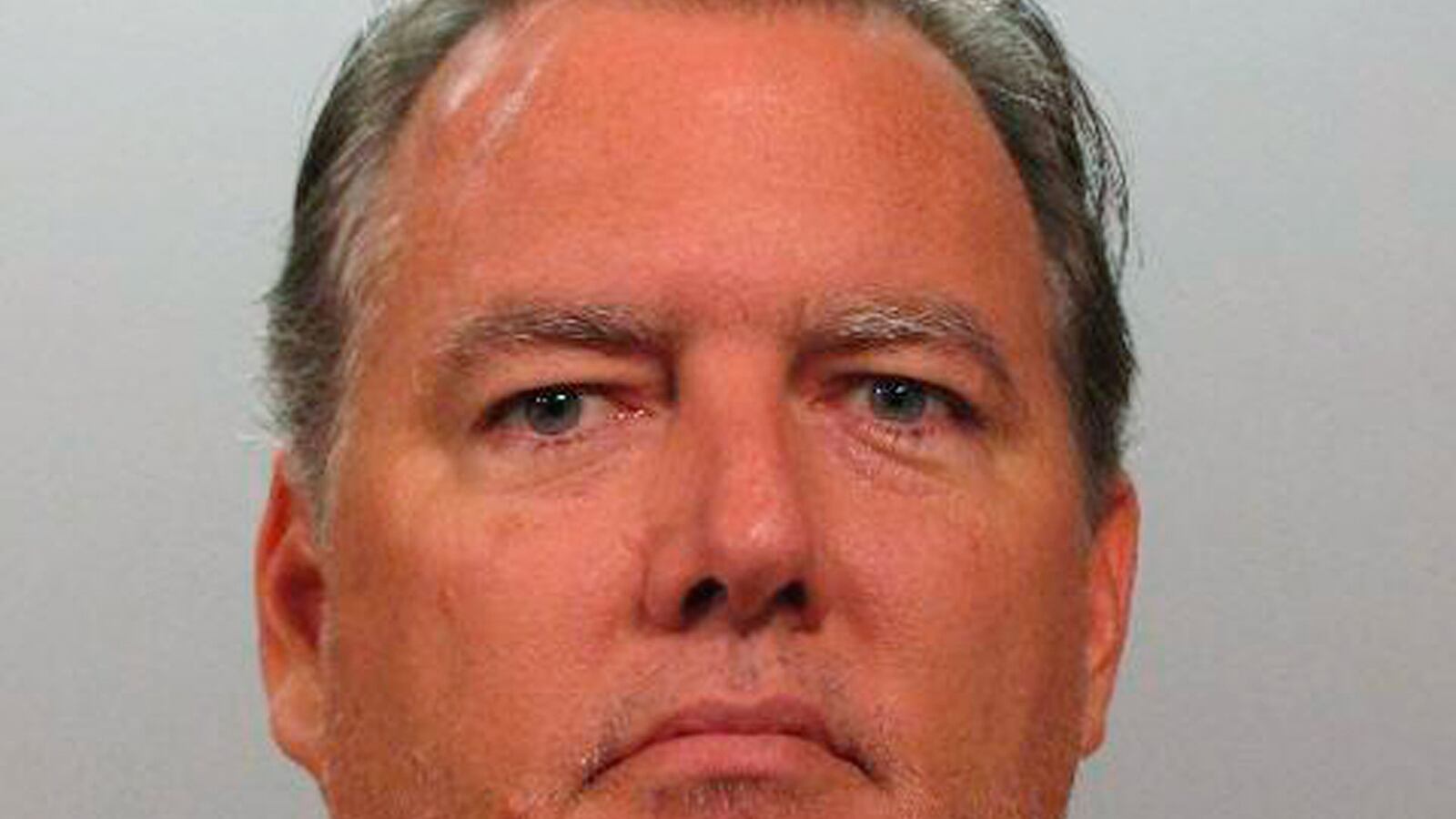
On Monday, jury selection began in the case of Michael Dunn, who is on trial for the killing of Jordan Davis—an unarmed teenager—in November 2012 (eight months after George Zimmerman was arrested in the killing of Trayvon Martin).
This story is straightforward. After arguing with Davis and his friends over loud music in a gas station parking lot, Dunn—a 47-year-old software developer—grabbed his gun and fired shots into their car, killing Davis. Since this is Florida, Dunn claimed a “Stand Your Ground” defense—he told police that Davis had threatened him, and he shot in self-defense.
But police never found a weapon—neither Davis nor his friends were armed, despite Dunn’s claim that they had a shotgun.
Now, based on the reference to Trayvon Martin, you’ve probably guessed that Dunn is white and Davis was black, and that this trial is dripping in racial tensions. But there are a few things that distinguish this from the Zimmerman trial. To start, there were witnesses—Davis’ friends—and this lacks the ambiguity of the confrontation between Martin and Zimmerman. What’s more, there wasn’t much time between the shooting and Dunn’s arrest—police found Dunn a few hours later, after he had gone home with his wife to order a pizza. And unlike the Zimmerman trial, we have real insight into Dunn’s beliefs.
With the Zimmerman, we had to look to his past for cues about his racial attitudes, and even then, it was a matter of debate and speculation. With Dunn, however, there’s no question. While in jail awaiting trial, he wrote letters his grandmother, girlfriend, and daughter. They were released to the public, and they reveal a man with deeply racist views.
Here’s an excerpt from the letter to his grandmother:
“I’m not really prejudiced against race, but I have no use for certain cultures. This gangster-rap, ghetto talking thug ‘culture’ that certain segments of society flock to is intolerable.”
Here’s one from the letter to his girlfriend:
“I just got off the phone with you and we were talking about how racist the blacks are up here. The more time I am exposed to these people, the more prejudiced against them I become.”
And here is what he said to his daughter:
“This may sound a bit radical, but if more people would arm themselves and kill these (expletive) idiots when they’re threatening you, eventually they may take the hint and change their behavior.”
Not only do these provide a data point for the idea that “thug” is—for some people—a replacement for “nigger,” but they illustrate the extent to which we shouldn’t dismiss the real life consequences of racial hatred.
It’s not just implicit bias that can lead to hasty, and deadly, decisions. There are still people who hold consciously racist views. Some of them own guns. Some of them are willing to use them. And in the case of Dunn, one of them did.
One last thing: This case offers a window into some of the frustration with black “respectability politics”—the idea that black behavior is a function of black advancement. Or, put another way, if we would just act right as a community, then we could move ahead. (For example, the ever-present complaints about sagging pants.)
But racism isn’t a punishment—in which case, this would make some sense. It’s a system that grants humanity to one group and denies it to the other. It shapes the beliefs of everyone, but gives power to the those of the favored group.
This, obviously, has real world consequences. Some of those are institutional, and others happen on the individual level. Whether or not Jordan Davis was a good kid is irrelevant (though by all accounts, he was). In this scenario, racism was at play, and there was nothing he could have done to avoid Dunn’s firm conclusion that he and his friends were “thugs,” and thus, unworthy of life.
Simply put, you can’t earn your humanity from a person—or a system—that has rejected it. More importantly, you shouldn’t have to.






